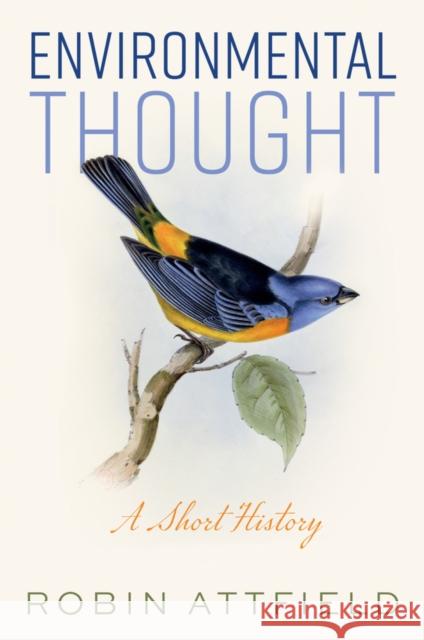Environmental Thought: A Short History » książka
topmenu
Environmental Thought: A Short History
ISBN-13: 9781509536665 / Angielski / Miękka / 2021 / 268 str.
Environmental Thought: A Short History
ISBN-13: 9781509536665 / Angielski / Miękka / 2021 / 268 str.
cena 92,37
(netto: 87,97 VAT: 5%)
Najniższa cena z 30 dni: 91,61
(netto: 87,97 VAT: 5%)
Najniższa cena z 30 dni: 91,61
Termin realizacji zamówienia:
ok. 30 dni roboczych.
ok. 30 dni roboczych.
Darmowa dostawa!
Kategorie BISAC:
Wydawca:
John Wiley and Sons Ltd
Język:
Angielski
ISBN-13:
9781509536665
Rok wydania:
2021
Ilość stron:
268
Waga:
0.34 kg
Wymiary:
22.61 x 15.19 x 2.21
Oprawa:
Miękka
Wolumenów:
01
Dodatkowe informacje:
Bibliografia











